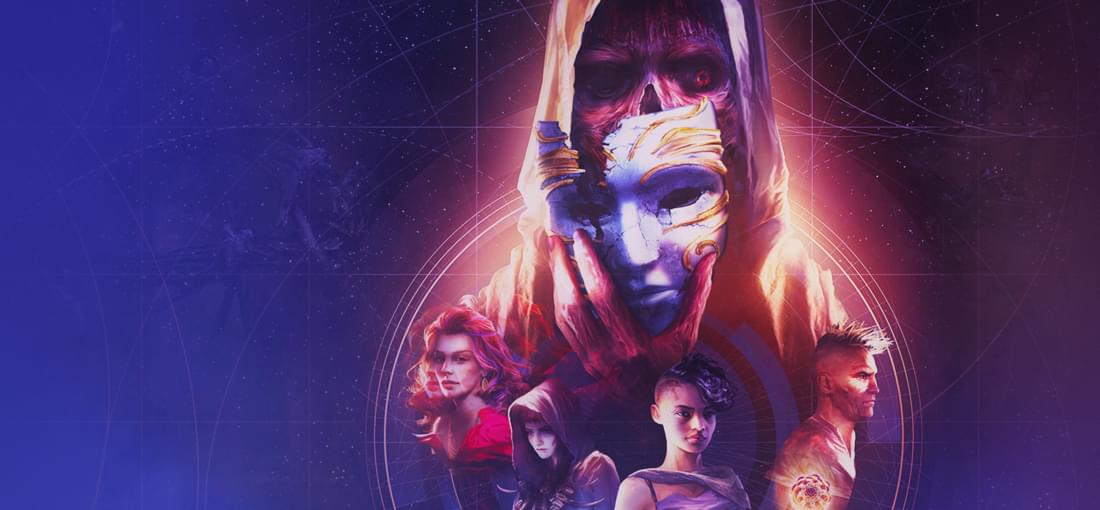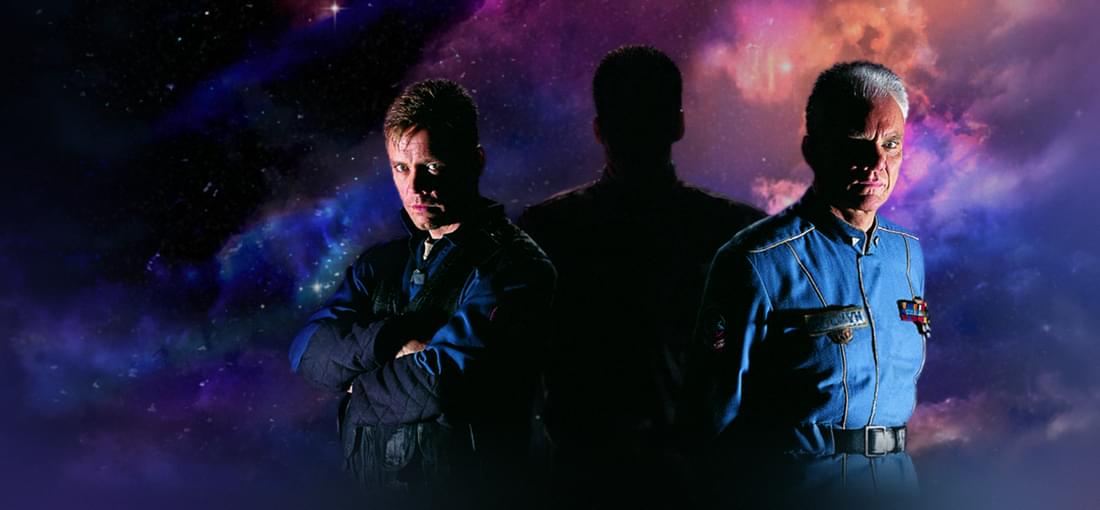


It's easy to say that fans of Planescape:Torment will judge Tides of Numenera unfairly. However, let's consider the criterion by which one judges such a game. First, this is an isometric view rpg where the gameplay always reduces to percentages at some level. Whereas the games that motivated it simulated Advanced Dungeons & Drangons, 2nd Edition, which recasts there probabilities as dice rolls, this game shows itself to deal in percentages, reporting to you directly the percentage chance of success. This is not a bad thing in itself. I bring this up only to point out exactly the game play you should expect. What Tides misses is uniqueness, either in character ability or in story. Obviously, one can't translate a game like this into Halo. If the character were given well beyond super-human abilities and told to go kill, it would simply be a process of monitoring stat levels and times to recover. Such a game is no fun. The problem here is that this game attempts far too hard to be like Planescape: Torment, but only captures this superficially. In P:T, your character knew nothing of himself and learned of his own Greek tragedy over the course of the game. Your character had history that was discovered and incorporated into the gameplay. In Tides, your character comes from apparently nothing and is then told of an origin and destiny at the very front of the game. The game then amounts to fulfilling the steps laid out before you ahead of time. Yes, all games of this sort layout a set of conditions ahead of you, but Tides reveals nothing in these steps beyond more arbitrary lore of the world. Whereas P:T invited you to learn more about who this character was, Tides takes you down a false mystery. It is a mystery perhaps only to the writer, who had no reason to make these different events take place. This game fails at what it advertises itself as: being the spiritual successor to Planescape: Torment.

If the game's other acts ever come out, I may change my score. Bought the game on Steam and I have been waiting and waiting for the rest to come out. The first two acts are good. There is a unique artistic style, a sense of mystery, etc. The game just feels like a series of broken promises at this point.

I don't want to repeat too much of what others have already said but this is likely the best early example of a game providing player agency within the context of the main story line. Basically, Bioware's been reading the WCIV playbook for their whole existence.